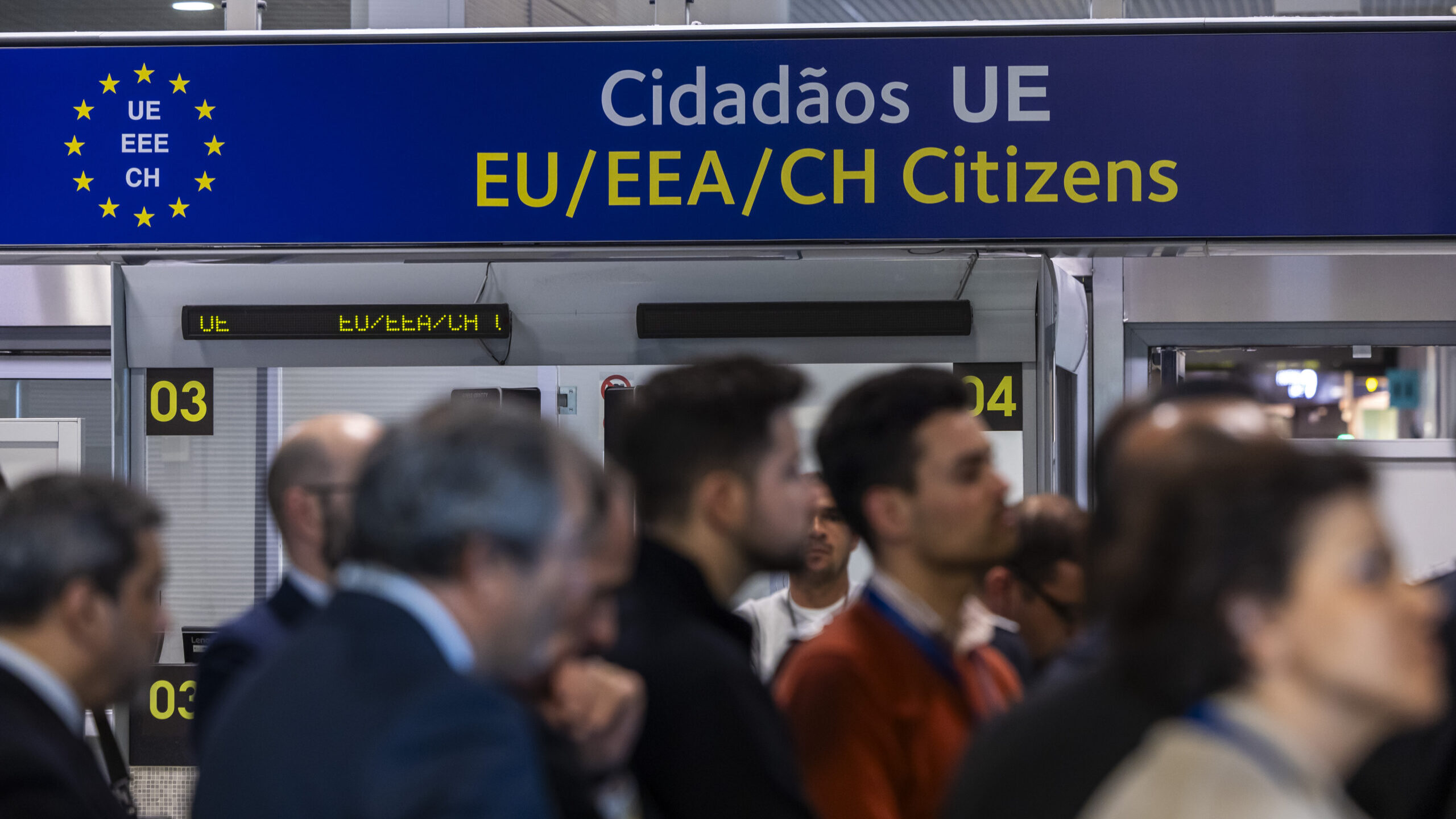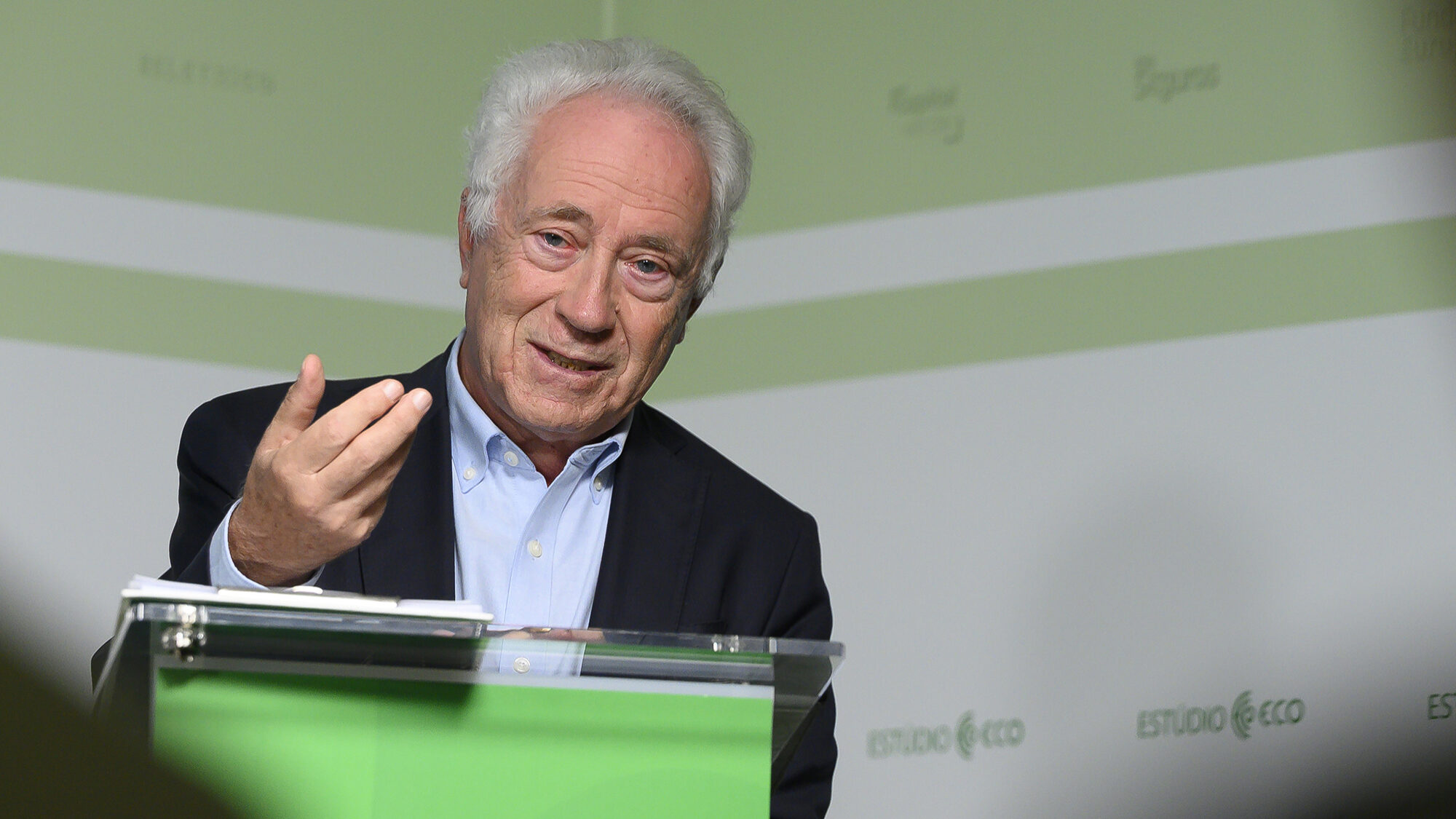Airport task force to send daily reports to the Government
The special team set up to manage passenger flows at border control at Lisbon and Faro airports will have to report daily on waiting times and incidents recorded.
The task force set up to manage passenger flows at border control at Lisbon and Faro airports will have to send to the government a daily report with waiting times and incidents on departures and arrivals. In periods of pressure, “contingency plans and reinforcement of resources” will have to be activated.
The Executive has decided to set up a special team to respond to the chaotic situation at airports, which will be based at Humberto Delgado Airport at a location to be designated by ANA.
Every day, it will have to send the coordinators and the government a report “with the contributions of the different entities that make up the team and with the sectoral incidents verified and the respective solutions implemented, as well as a report on the maximum and average waiting times for departures and arrivals”, according to the joint order to which ECO had access.
The sense of urgency and detail permeates the order. The task force will have to monitor, “in real time”, waiting times and critical congestion points at Humberto Delgado, and continuously predict and analyse passenger flow patterns and possible operational constraints on a daily basis. In periods of pressure at the border, it will have to “activate contingency plans and reinforce resources”.
The order also provides for a reinforcement of resources, with an increase in the number of staff assigned to border control, as reported by Diário de Notícias, “ensuring the optimisation of their shifts and duty rosters”. The plan to install more electronic booths and kiosks should also be implemented as a matter of urgency. The renegotiation of contracts with external companies providing border control services will also fall within the remit of this team.
“Adequate? Yes. Sufficient? We will be here to really monitor it”, the president of the Portuguese Hotel Association (AHP) told ECO, after sending a letter to the government expressing his concern about the “serious dysfunction” at Humberto Delgado airport.
“One of the things we emphasised in our open letter to the Government – before we knew about the creation of this commission – is the need to monitor results. This requires constant monitoring. Eventually with access to international benchmarks of good practice”, says Bernardo Trindade. “As I have been saying, this is the moment: the State has failed, fails daily, in areas of fundamental sovereignty, and fails to maintain the country’s image”, he adds.
In the preamble to the order, the Government acknowledges that there have been “significant constraints in the management of passenger queues in the departure and arrival areas, particularly at Humberto Delgado Airport in Lisbon (AHD) and Gago Coutinho International Airport in Faro (AGC), with an impact on passenger comfort and safety and on the country’s image and economy”.
The measures now announced also take into account the conclusions and recommendations of the audit of the airport border control system carried out by KPMG between July and September 2025.
New maximum waiting times
The joint order issued by the Ministers of Finance, the Presidency, Infrastructure and Housing, Justice and Internal Administration requires the team to reduce average and maximum waiting times at airports, as also reported by Diário de Notícias. In the short term, the average waiting time at border control on arrivals at Humberto Delgado Airport must be “less than 30 minutes” and the maximum time “less than 75 minutes”.
On 14 October, two days after the first phase of the new European Schengen external border control system, the Entry/Exit System (EES), came into force, Lisbon airport experienced a critical day when waiting times exceeded 90 minutes.
The requirement placed on the PSP goes even further. On the 100th day after the order comes into force, i.e. 3 February, the average waiting time must be less than 20 minutes and the maximum 55 minutes. For departures, it must be less than 15 and 25 minutes, respectively.
The task force, which is responsible for operational coordination between the entities involved in passenger flow management and will be permanent, will be led by the national director of the PSP, Luís Carrilho.
The team is divided into two groups, one for Operations and the other for Equipment and Systems, which include the Public Security Police (PSP), the Internal Security System (SSI), ANA – Aeroportos de Portugal (the company responsible for airport management), the National Internal Security Network (RNSI), companies contracted to implement and maintain electronic border systems, and other entities in the airport ecosystem that are considered relevant.




